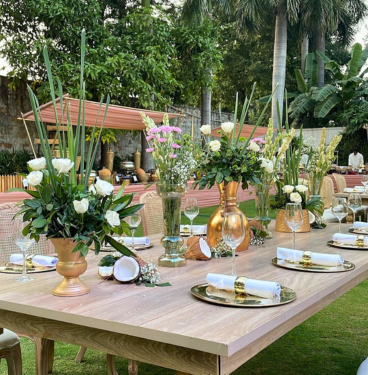
A venue is an important consideration when planning an event. It should be large enough to hold the anticipated number of people attending. However, it shouldn’t be so big that it turns away people who aren’t interested. Similarly, if the venue is too small, it will require more money and time than necessary. When choosing a venue, make sure you clearly state on the invitations how many guests are expected to attend.
A venue should be insured to avoid liability claims. This insurance is particularly important if the venue has employees. In addition to liability insurance, venue owners should also take out workers’ compensation insurance. This insurance will cover any injuries that may occur during an event. Some venues may also require their clients to obtain insurance as part of their contract.
The floor plan of the venue should be well-designed for the types of activities that will take place during the event. For example, a sit-down dinner will need tables and chairs. While an outdoor dinner will be able to accommodate a large number of attendees, a picnic or a concert will need a location where participants can sit. If the event will feature a speaker, a stage or lighting will be necessary. Additionally, the space should have enough room for participants to network and mingle.
Other considerations include climatic conditions. It may not be wise to organize a festival in an open-air venue during the rainy season or peak winter season. Instead, it is better to arrange an indoor event where the costs of production are lower. A venue with proper acoustics will also help reduce the risk of noise or other issues that may disrupt the event.
Once you’ve determined the type of attendees, you can start narrowing down the list of venues. Smaller venues are best for intimate gatherings with a small number of people. On the other hand, large gatherings require larger rooms. In such situations, it is wise to consider an event venue with overflow capabilities.
Typically, a venue manager will oversee the management of different locations such as hotels, theatres, outdoor spaces, and other venues. This person will be responsible for overseeing all operations of a venue and ensure that all events are safe and enjoyable. This person will also oversee all staff members. In addition, they will ensure that the facility is free of any hazards or damage caused by guests.
A venue’s staff should be friendly and helpful. It should also have adequate security measures and handicapped access. It should have audio and video capabilities, and should be compliant with the Americans with Disabilities Act. It should be wheelchair-accessible and have enough space for people with disabilities. Finally, the venue should suit the theme of the event.